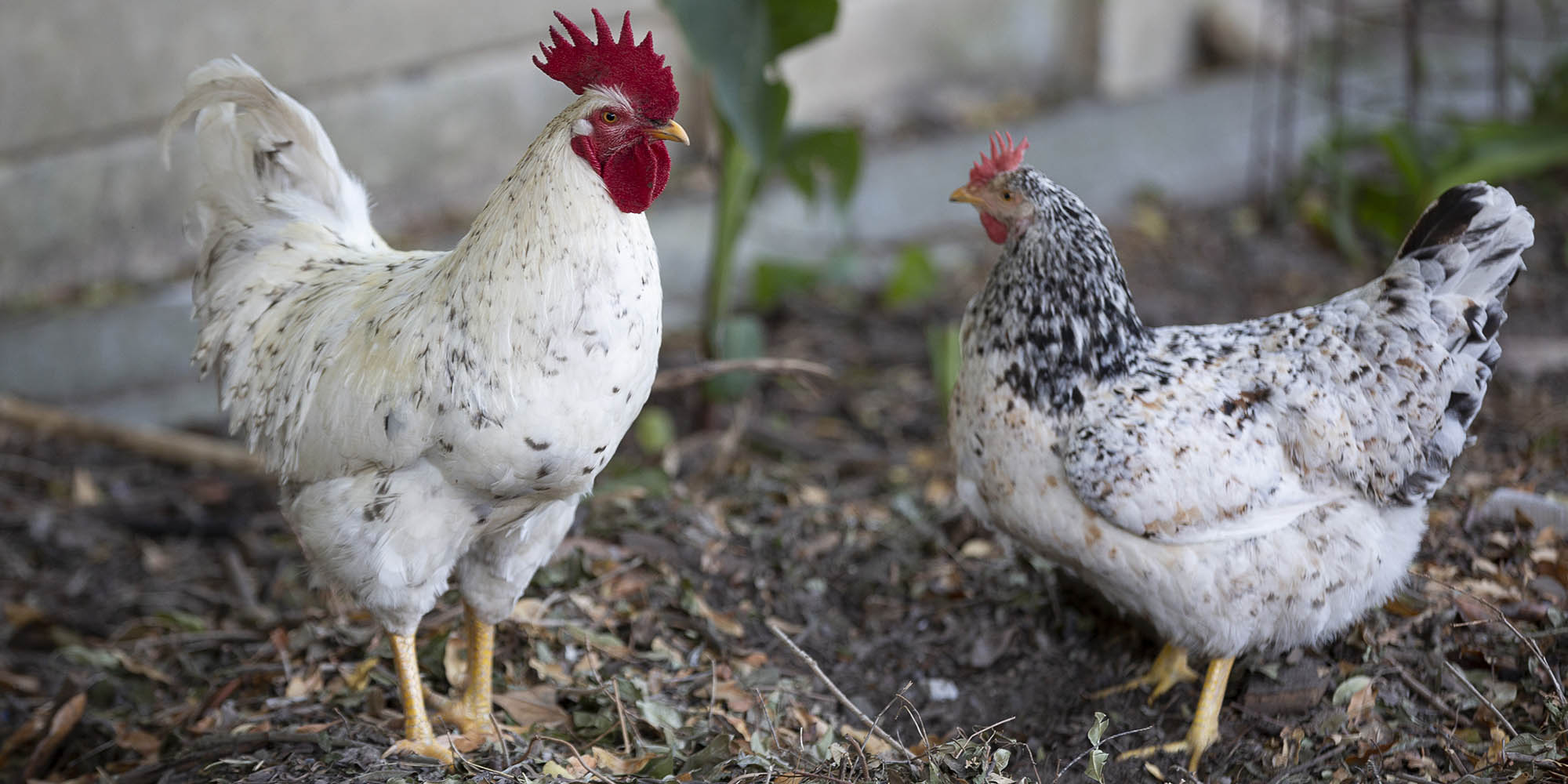After a bleak 2023, marked by rolling blackouts, high raw material costs and lingering outbreaks of the highly pathogenic avian influenza, the poultry industry is hopeful that a recovery is in sight — but much of that hinges on exempting chicken from value-added tax (VAT).
The South African Poultry Association (SAPA) and the FairPlay Movement have once again proposed exempting specific chicken products from VAT to provide significant relief for low-income households and boost the poultry industry, which turns over around R65-billion per annum and employs 146,000 people.
None of the five officials from the Gauteng Department of Agriculture and Rural Development confirmed as speakers attended a SAPA roundtable last week to discuss industry developments.
Izaak Breitenbach, CEO of the SAPA, said the association plans to apply for VAT exemption for some chicken products in November. In 2018, the industry applied for VAT exemption for offal products and individually quick frozen (IQF) items, which was deemed too expensive when a panel investigation estimated it would cost the fiscus almost R6-billion.
“Avian influenza cost us over R9.5-billion as an industry – money that we can’t afford, and losses that we can’t afford. Consumers are cash-strapped. They can’t pay for increased costs due to avian influenza and the fact that we can’t vaccinate against it, as they do in France,” he said.
The Poultry Sector Master Plan, which was introduced in 2019 with the Department of Trade and Competition (Dtic) to address dumping and a lack of access to export markets, has achieved limited success in terms of reviving a declining poultry sector. Some trade measures were addressed and anti-dumping duties on nine countries resulted in tangible improvements, but Breitenbach says much more needs to be done. Addressing the SAPA roundtable last week, he noted that the first priority is to submit an application for VAT-free chicken by November.
According to SAPA calculations, this could reduce chicken prices by almost 15%, making it more affordable.
Bird flu grounds flocks
Bird flu has decimated small farmers because they have not been able to replace flocks that they were forced to cull. The Animal Diseases Act requires farmers to report bird flu – a notifiable disease – and to cull birds that are sick or are in contact with sick birds. However, Breitenbach said although the farmers should be compensated for this, the government is refusing to do so.
In July, a George farmer, who was forced to cull more than 387,000 chickens and destroy 5.39 million eggs worth about R32-million due to a bird flu outbreak, won his battle for compensation from the Ministry of Agriculture and Rural Development. The ministry was still studying the judgment but is expected to appeal as the ruling is likely to open the floodgates for similar compensation claims.
South Africa is also yet to open any additional markets in the European Union, the United Kingdom and Saudi Arabia, which the new Government of National Unity (GNU) administration must address, Breitenbach added.
South Africa’s most recent bird flu outbreak was in November 2023. Breitenbach said the industry cannot absorb losses related to these outbreaks. “The disease has become endemic. We need to vaccinate. We have been in discussion with the Department of Agriculture for probably two years now and developed a biosecurity protocol that will support vaccination, but vaccination is not a silver bullet. It is just one of our means that we can use to enhance biosecurity.”
However, Francois Baird, founder and chairman of the FairPlay Movement, said the issue is more about practical implementation than the standard of biosecurity.
One of the problems with vaccination is the shortage of veterinarians available to address this. The Department of Agriculture says it needs another 400 veterinarians.
According to the department, roughly 100 veterinarians leave the country to work abroad each year, and only 140 qualify each year.
Producing chicken at a lower cost is critical for the sector to be internationally competitive and sustainable. “We need to have a remedy for avian influenza; we need VAT-free chicken to allow more consumers to afford it and for the market to get bigger in South Africa.”
In July, the Democratic Alliance (DA), whose leader John Steenhuisen is now Agriculture Minister, threw its weight behind VAT-free chicken, saying chicken is not only South Africa’s most widespread meat but also an “important source of cheap protein for millions of low-income families, including vulnerable children in poor homes”.
“The far-reaching impact of doing away with 15% VAT on these products cannot be over-emphasised. This will ease the burden on consumers while ensuring the availability and affordability of vital nutrients for the neediest population groups,” the DA said at the time. DM





